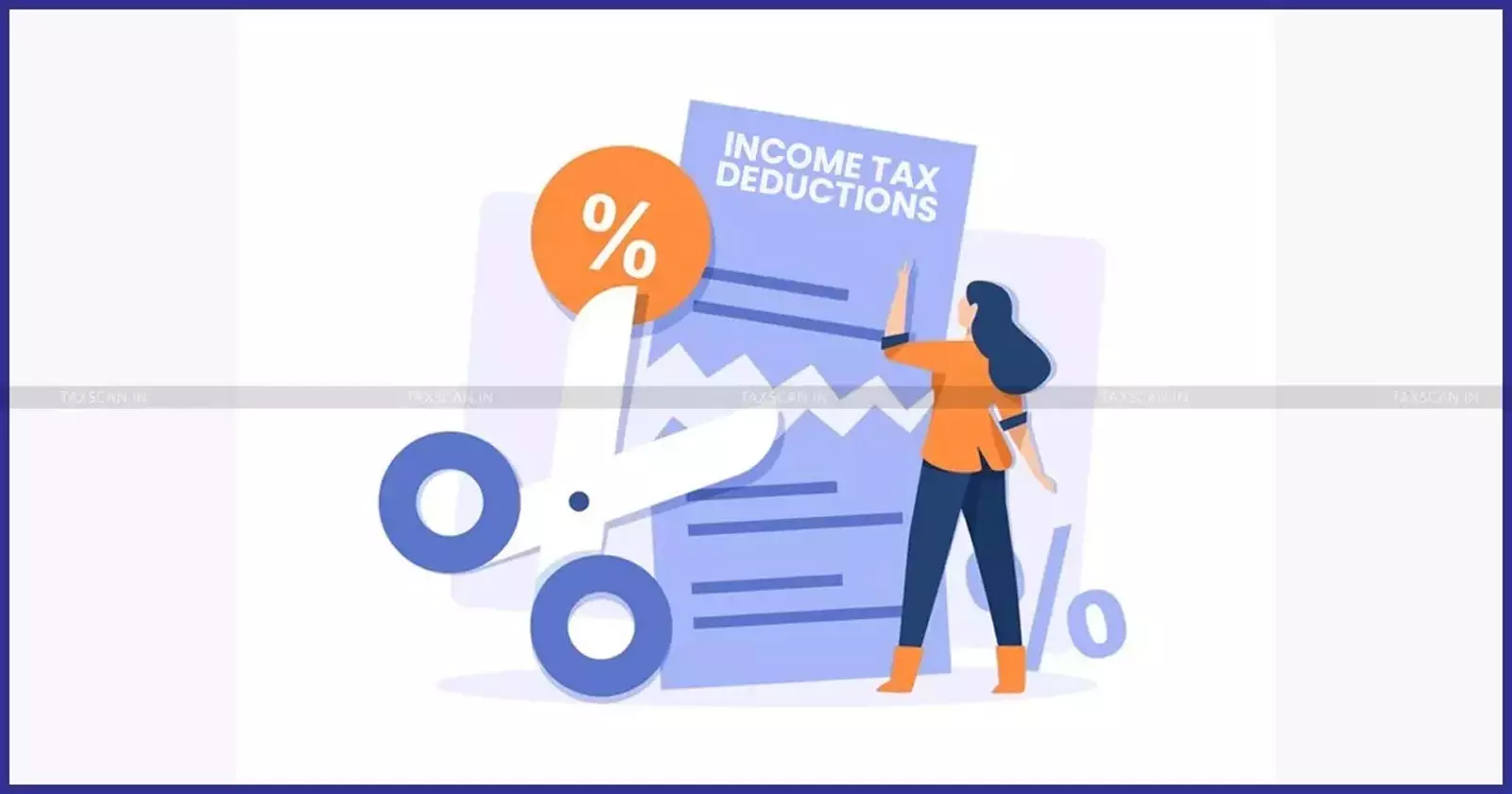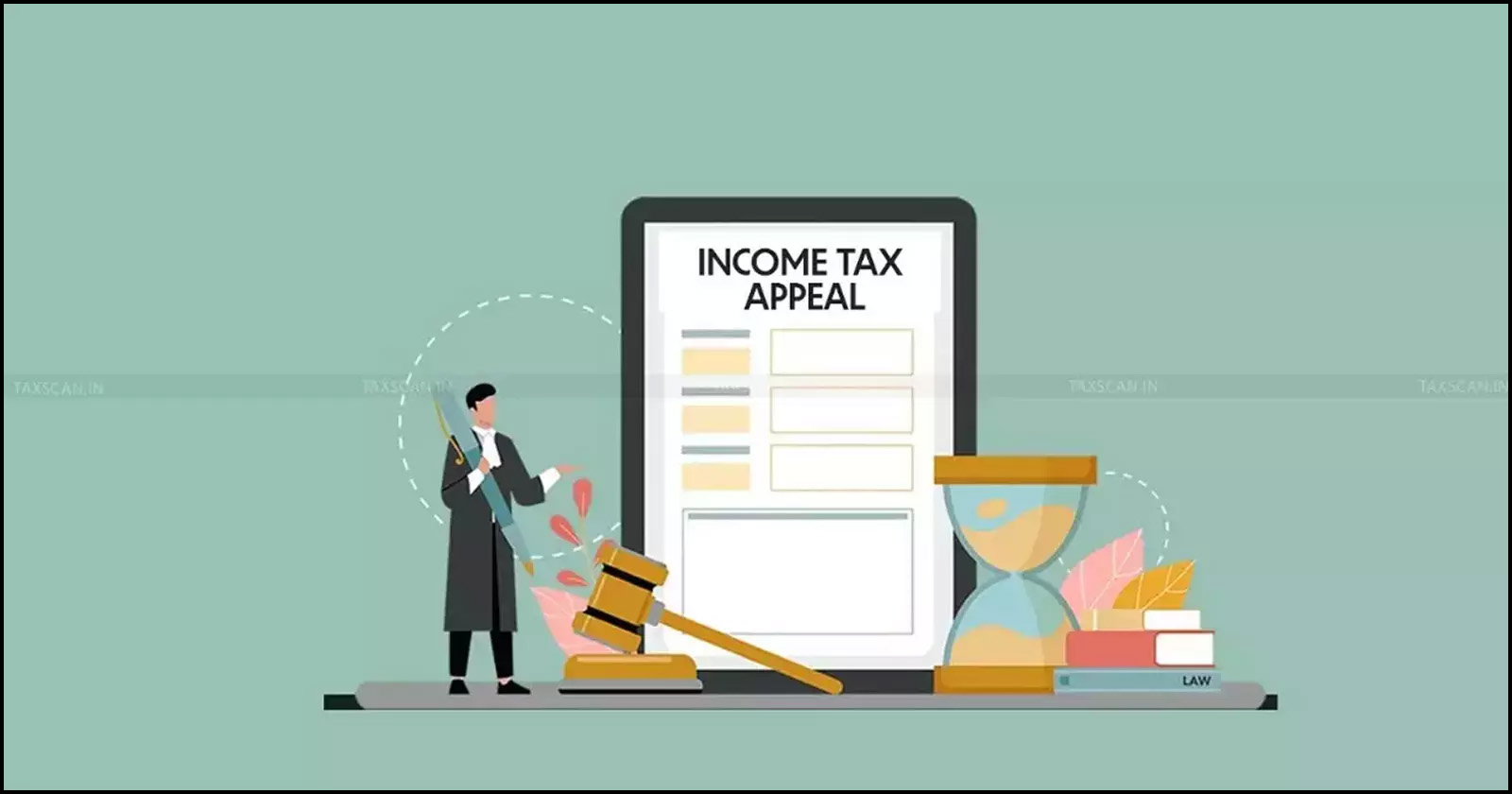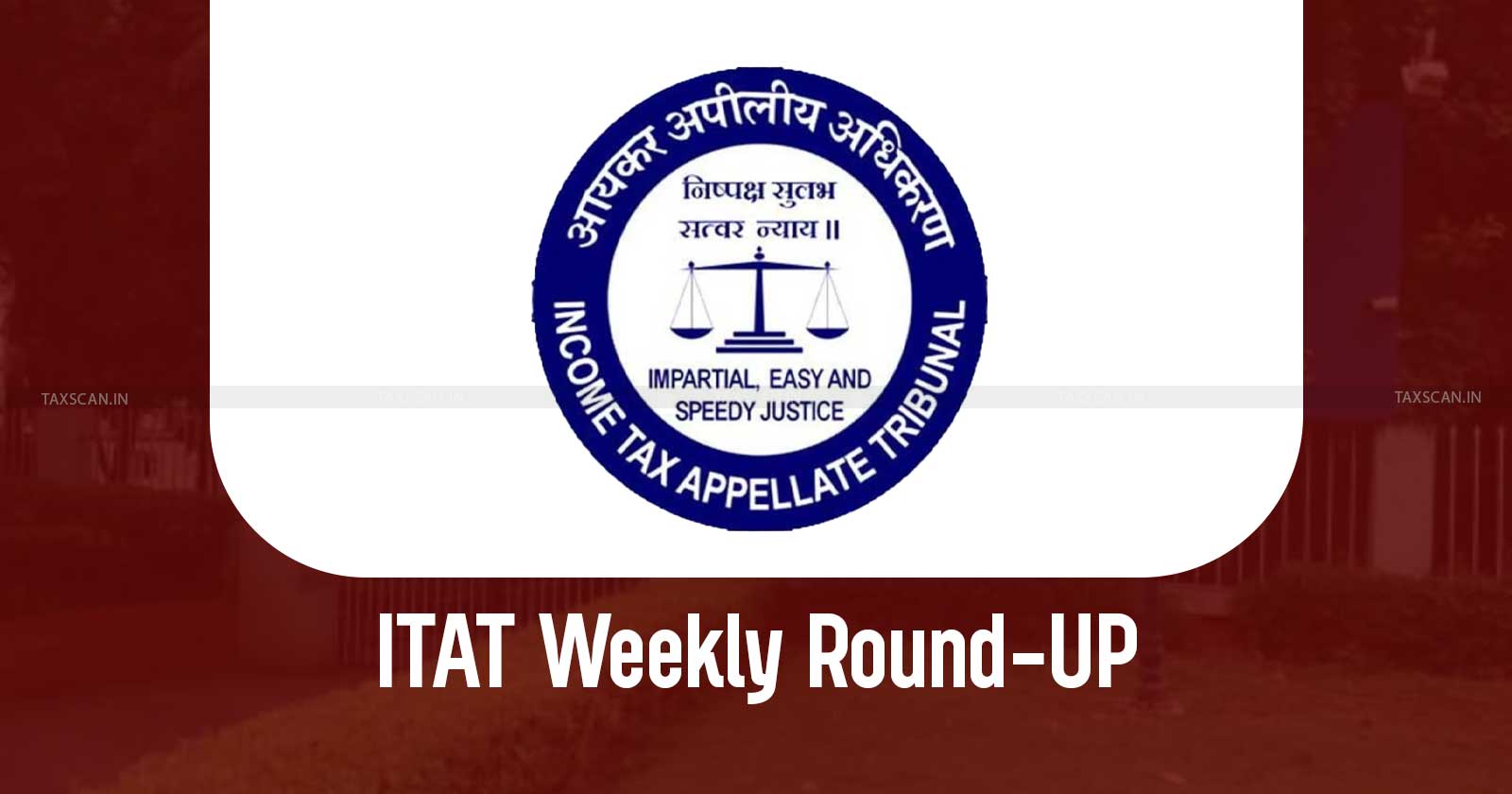Civil, Plumbing & Electrical Charges Paid by Senior Citizen to Builder are Genuine Cost of Acquisition: ITAT Allows ₹11.35L Income Tax Deduction
The assessee maintained that the payments made to the builder were genuine construction-related charges essential for making the property habitable

The Bengaluru Bench of the Income Tax Appellate Tribunal (ITAT) recently held that civil, plumbing and electrical charges paid directly to the builder form part of the genuine cost of acquisition of a residential property and allowed a senior citizen assessee’s deduction claim of ₹11.35 lakh after finding that the builder had issued receipts, payment statements and a possession certificate confirming full settlement of dues.
The assessee, Vijay Lakhmichand Israni - a senior citizen and non-resident jointly owned Villa No. 72, Adarsh Palm Retreat, Bengaluru, with his wife. The property was purchased in 2005 as a non-habitable and unfinished unit, requiring substantial structural work before it could be occupied.
According to the assessee, the builder, M/s Akash Infotech & Infrastructure, raised charges for civil, electrical and plumbing work necessary for completing the villa, and the couple paid a total of ₹22,70,045, out of which the assessee’s 50% share amounted to ₹11,35,023.
When the assessee later sold the property for ₹4.02 crore, he claimed the above amount as part of the cost of acquisition while filing his income tax returns for Assessment Year 2022-23.
Your Ultimate Guide to India’s Latest Income Tax Laws, Click Here
During the scrutiny, however, the Assessing Officer (AO) disallowed the claim, holding that the assessee had not produced bank statements, cheque numbers or complete documentary evidence to substantiate the payments. The AO further observed that the bifurcation provided by the assessee was labelled as a “prefinal cost” and therefore lacked reliability. The Dispute Resolution Panel upheld the disallowance on the same reasoning.
Aggrieved by the assessment, the assessee filed the present appeal before this Tribunal along with statement of facts, grounds of appeal along with the written submissions.
No appearance was made on behalf of the assessee during the hearing. Dr. Divya K.J. appeared for the Revenue and supported the findings of the lower authorities.
The assessee submitted written submissions before the Tribunal contending that the payments were genuine charges raised by the builder and were supported by a Statement of Payments dated 11.09.2009, a builder’s receipt dated 04.05.2010, the revised final charge memorandum dated 05.05.2010 and the possession certificate issued after full settlement of all dues.
He further submitted that he did not possess old bank statements due to the closure of his bank account for more than a decade, but the builder-issued documentation clearly established the expenditure.
Your Ultimate Guide to India’s Latest Income Tax Laws, Click Here
 Also Read:Mere Ownership of Agricultural Land Insufficient to Prove Agri Income: ITAT Upholds 50% Addition as Unexplained u/s 68 [Read Order]
Also Read:Mere Ownership of Agricultural Land Insufficient to Prove Agri Income: ITAT Upholds 50% Addition as Unexplained u/s 68 [Read Order]
The Bench comprising Vice President, Prashant Maharishi and Judicial Member, Keshav Dubey examined the documents and found that the builder had acknowledged receipt of the entire payment. The Tribunal observed that a possession certificate would not be issued unless all construction-related charges were fully discharged.
Since the payments were directly linked to the civil, plumbing and electrical work required to render the property habitable, the expenditure constituted a genuine cost of acquisition.
 Also Read:Wrong Tax Advice Not a ‘Sufficient Cause’ for 1,370-Day Delay: ITAT Says Assessee Cannot Shift Entire Blame to Consultant [Read Order]
Also Read:Wrong Tax Advice Not a ‘Sufficient Cause’ for 1,370-Day Delay: ITAT Says Assessee Cannot Shift Entire Blame to Consultant [Read Order]
Accordingly, ITAT held that the amount of ₹11,35,023 was allowable as cost of acquisition under the Income Tax Act, and directed that the deduction be granted while computing capital gains.
Support our journalism by subscribing to Taxscan premium. Follow us on Telegram for quick updates



